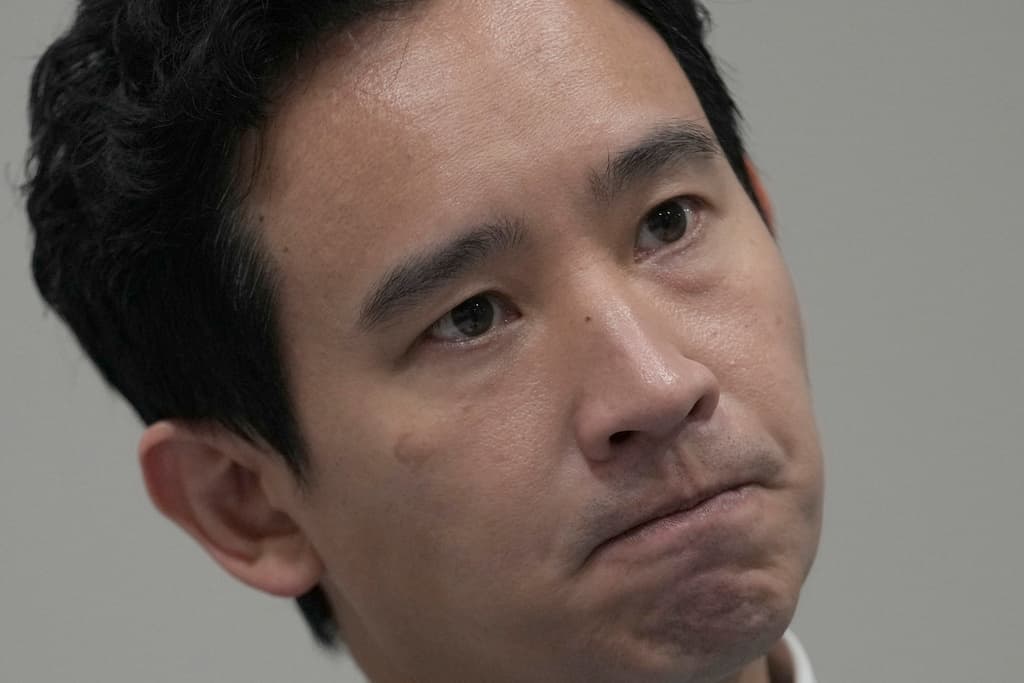Kao Klai, which went to the election on a promise to ease the country's strict lese-majesty laws, lost a case earlier this year in the Constitutional Court. It was established that the promises to reform the lese-majesty laws constituted an attempt to overthrow the Thai monarchy and the party's representatives were banned from continuing to pursue such a policy. Subsequently, the Election Commission received petitions to dissolve the party.
Amnesty: Unacceptable
The verdict also means that the party's leaders are banned from political activity for the next ten years. Among them is the charismatic former party leader Pita Limjaroenrat, writes AP.
"The Constitutional Court's decision to dissolve the Progressive Party is an unacceptable decision that reveals the authorities' total lack of respect for human rights," writes Deprose Muchena, senior director at Amnesty International, in a press release.
Rigged System
The military seized power in Thailand through a coup in 2014 and later introduced a political system that is clearly rigged in its favor. Parties that challenge the military and monarchist establishment have also been disqualified in various ways.
Thai domestic politics can be described as a power struggle between supporters of a traditional elite - the military, the royal house, and the state administration - and a broad group that opposes them.
The largest party in parliament after the 2023 election was the progressive and youth-friendly party Kao Klai, which emerged from the ashes of the party New Future, dissolved by the Supreme Court. The party leader was the Harvard-educated Pita Limjaroenrat, a young and wealthy businessman.
The party program includes, among other things, democracy issues, abolition of the military's political influence, a new constitution, reduced royal power, and legalization of same-sex marriage.
Sources: Landguiden/UI and others.






